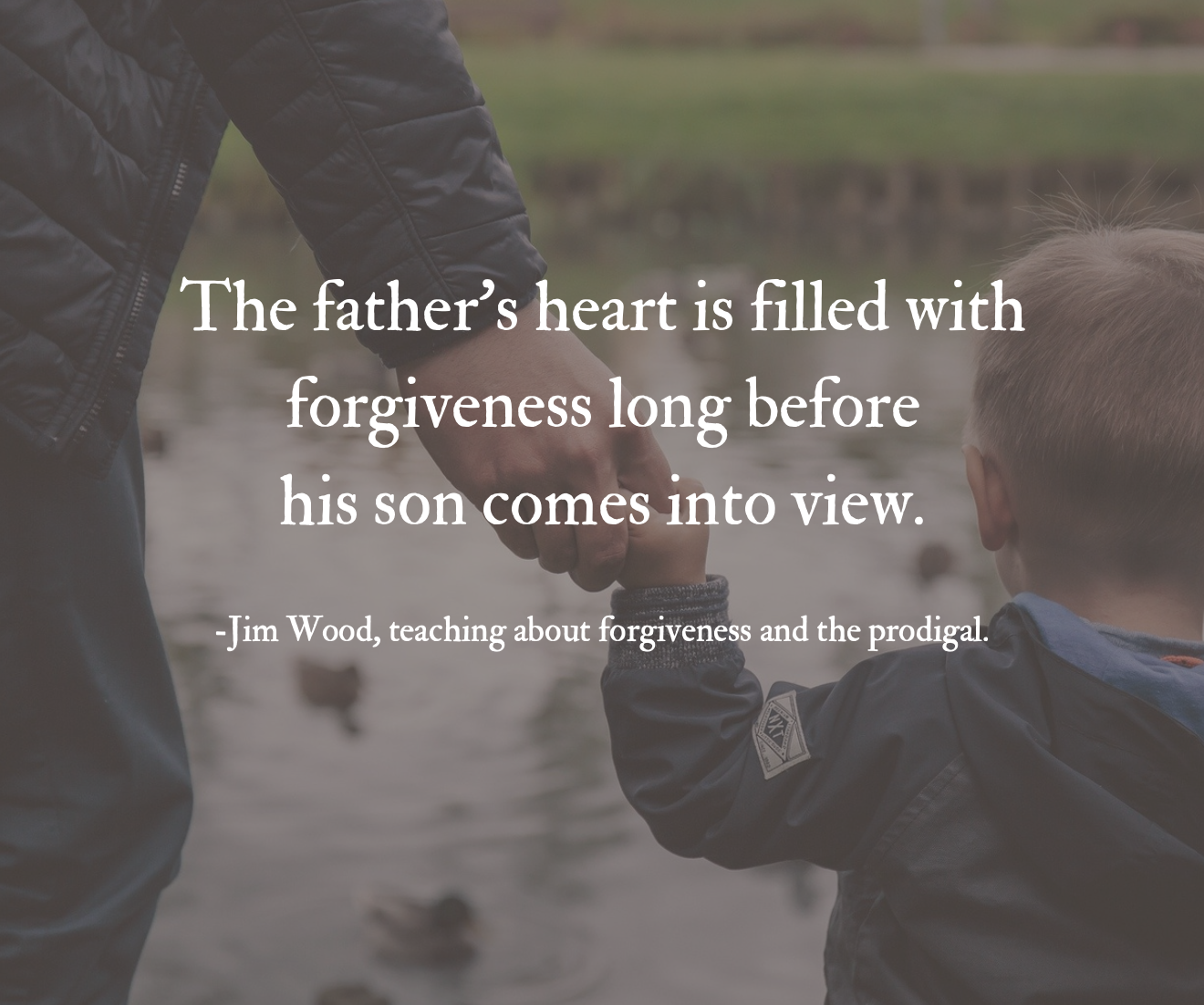Forgiveness & Trust(in conclusion) Jesus said, “This, then, is how you should pray: “‘Our Father in heaven, hallowed be your name, your kingdom come, your will be done, on earth as it is in heaven. Give us today our daily bread. And forgive us our debts, as we also have forgiven our debtors. And lead us not into temptation, but deliver us from the evil one.’ For if you forgive other people when they sin against you, your heavenly Father will also forgive you. But if you do not forgive others their sins, your Father will not forgive your sins.” There is only one item in the Lord’s Prayer Jesus reiterates. Having told us to pray, “Forgive us our debts, as we forgive our debtors,” Jesus follows the prayer with this reminder: “If you forgive those who wrong you, God will forgive you. If you do not forgive, God will not forgive you.” Suppose you have a church treasurer who is a thief. He’s caught. Should you forgive him? Yes. If you forgive him, shouldn’t you let him keep his job as church treasurer? No! Well-meaning Christians have learned the hard way what a bad idea this is. Forgiveness and trust are not synonymous. If you love a person, and you’ve already seen them give in to temptation and sin, it is not loving to set them up to fail again. Be kind. Love people and seek to reduce the opportunities for them to repeat the offense. In order to forgive a person, I do not have to trust him. This is very liberating news for people who have been in abusive situations. You do not have to allow yourself to be abused over and over in order to demonstrate forgiveness. God commands you to forgive, but He doesn’t command you to trust. Repeatedly, we are told in scripture that we must forgive those who do us wrong. Nowhere in scripture are we told we have to trust those who do us wrong. Understanding the interplay between forgiveness and trust has powerful implications in the marriage relationship. In order to forgive others, I must see my own need to be forgiven. If I know I have been forgiven, then I have a basis for forgiving you. In Colossians we read, “Forgive whatever grievances you may have against each other, forgive as the Lord forgave you.” On what basis did God forgive us? The answer is grace! We must have a heart of forgiveness, even toward those who are not ready to acknowledge their fault. It’s all grace; we didn’t earn it, and we don’t deserve it. This means I can forgive somebody who shows no signs of repentance. I can forgive somebody, not because I have convinced myself they didn’t mean it – those are the kind of games we play as a substitute for forgiveness – I can forgive them even though I’m convinced they did mean it. Jesus tells the story of the prodigal son, who totally rebels against his father, goes off into the far country, and squanders his inheritance. When he comes home, his father sees him in the distance, runs towards him, throws his arms around him, kisses him and welcomes him back. The young man starts his rehearsed speech, “Father, I’ve sinned against heaven and against you. I’m no longer worthy to be called your son…” His father doesn’t even let him finish. He interrupts the boy and starts making plans for a celebration. This is the way God forgives us. The father’s heart is filled with forgiveness long before his son comes into view. While the boy has to return home in order to receive the father’s love, the father has loved him all along. And, while many people are going to spend eternity in hell, it is not because God the Father is unwilling to forgive. It is because His forgiveness must be received in order to be ours. Whether it’s in our relationships at work, with our neighbors, our parents, our children or our spouse, when it comes to forgiveness, our attitude should be like that of God. We must offer forgiveness even when the forgiveness is not received. Even if there is never any reconciliation in the relationship, we must learn to say, “I forgive this person. I want to be reconciled. I have forgiveness in my heart. In spite of everything this person has done, I love them and willingly forgive them.” This is God’s attitude, and this is what He wants to do through us. Resource: |



